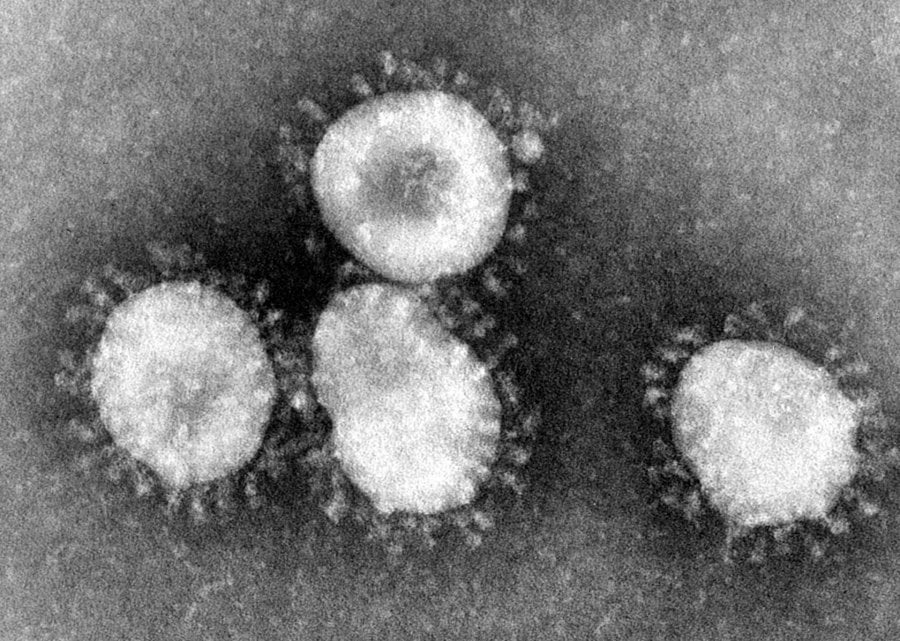
Coronaviruses
As the world grapples with the latest infections like the new coronavirus (Covid-19), the importance of effective hygiene practices at home and in healthcare facilities comes to the forefront yet again.
Of course, such raised awareness is welcome but how can it be sustained?
Infection prevention and control (IPC) is not a one-off activity in the face of an emergency. This has been made clear over the centuries, by such champions as Semmelweis and Florence Nightingale. And the London School has and continues to play its part in advancing the evidence-base on infections and interventions, both in the context of emergencies like Ebola and now with Covid-19, and in routine healthcare settings through our work on WASH and specifically for MNH.
"Infection prevention and control (IPC) is not a one-off activity in the face of an emergency... we're seeking to bring sustained improvements in IPC in low-income countries."
And now, these same dedicated people are forming the LSHTM team which is part of the BASICS initiative – seeking to bring sustained improvements in IPC in low-income countries.
And in this 120th year of the London School of Hygiene & Tropical Medicine, it is fitting that the institution has acknowledged the role of Florence Nightingale in IPC but adding her name to the building infrastructure – timely given this is both 200 years since her birth and the International Year of the Nurse & Midwife. The BASICS team at LSHTM is helping to show that we do not need to wait another century to achieve universal access to clean care.
If you enjoyed this article and would like to build a career in global health, we offer a range of MSc programmes covering health and data, infectious and tropical diseases, population health, and public health and policy.
Available on campus or online, including flexible study that works around your work and home life, be part of a global community at the UK's no.1 public health university.
